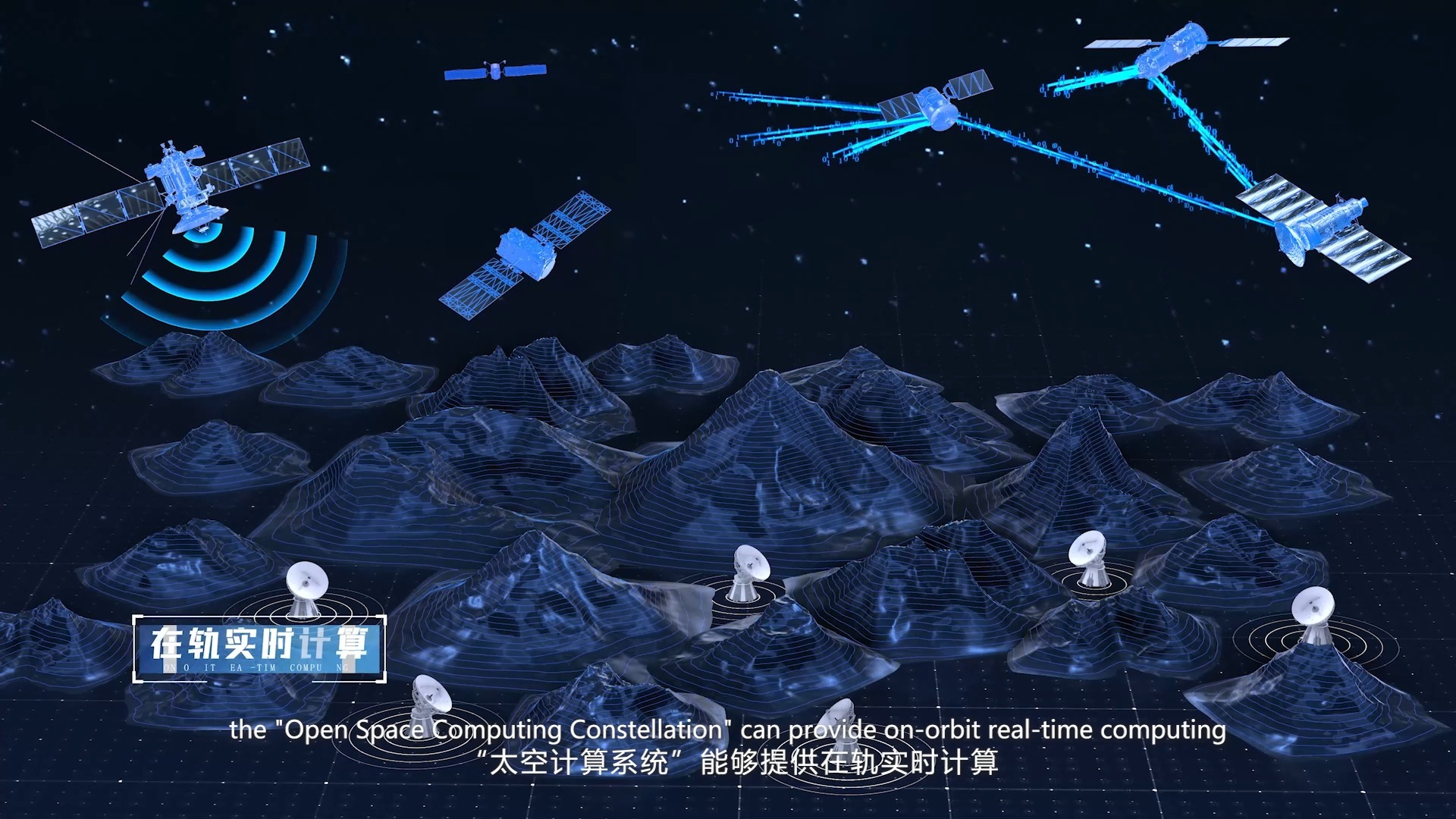NEWS
Industry news
Video news
2025年01月15日
Learn more

2024年12月27日
Learn more

2024年12月27日
Learn more

Click to play

Click to play

INTERNATIONAL CONFERENCE

Original link

View details


Original link

View details


Original link

View details


Original link

View details

PUBLICATIONS
Technical paper
White paper
Standard

Original link

View details


Original link

View details


Original link

View details


Original link

View details













